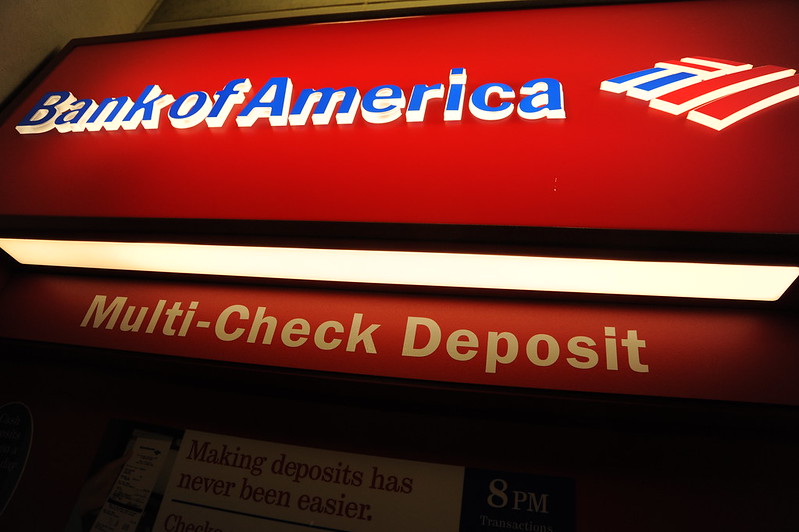Since an online portal launched in late July, Washington State officials have approved more than $276,000 in reimbursements to people whose past convictions for simple drug possession were vacated, following a state Supreme Court decision that struck down the state’s felony drug law in 2021. That’s in addition to more than $9 million already paid out through municipalities.
“As the result of this decision, known as State v. Blake, any Blake-related convictions qualify to be removed (vacated) from one’s criminal record, and any legal financial obligations (LFOs) paid as a result qualify for financial reimbursement,” according to the state Administrative Office of the Courts.
Anyone convicted of drug possession on or before the Blake decision date—February 25, 2021—is eligible for their conviction to be vacated and have costs reimbursed.
All told, state courts have now paid out roughly $9.4 million in total LFO refunds, according to spokesperson Robin Zimmermann, who spoke to the Olympian about the program. The paper first reported the refund figures on September 13, and Zimmermann said the total amount was climbing hourly.
“Blake team members are working on processing applications and collaborating with justice partners in outreach efforts to help inform Blake-impacted individuals across Washington State about the relief opportunities now available,” he said.
Individuals can apply online after convictions are vacated. Once approved, refunds are sent out by check.
Lawmakers have earmarked almost $100 million to handle the process—including $47 million to process possession charge vacations and another $51 million to pay LFO refunds.
The majority of the $9.4 million already disbursed has gone to municipalities. As part of a post-Blake legislative fix, lawmakers established a $10 million pool “for cities to refund legal financial obligations and collection costs previously paid by defendants whose convictions have been vacated.”
Individuals can apply online for reimbursements. Applications can only be started after convictions are vacated, however, which is a separate process. Once approved, refunds are sent out by check.
Officials have said they aim for refunds to be processed within 90 days. Applicants can check the status of their refund through an online portal.
The 2021 Blake ruling effectively nullified the state’s drug possession criminalization law, though the state has since reenacted prohibition, with statutory language fixes to pass constitutional muster and lower possession penalties compared to the voided previous law.
This past legislative session saw a number of other drug policy reform developments in the state.
Among them, Governor Jay Inslee (D) signed a bill into law to protect workers from facing employment discrimination during the hiring process over their lawful use of marijuana. He also approved a separate measure authorizing interstate cannabis commerce, pending a federal policy change.
Another bill Inslee signed into law is meant to promote research into psilocybin and create a pilot program to provide therapeutic access to the psychedelic for mental health treatment. However the governor issued a partial veto of sections that he said “no longer align with the bill’s intent.”
Also in Washington, the state Department of Health recently announced $1.3 million in funding to 11 different community-based organizations to be spent on “youth cannabis and commercial tobacco use prevention.” Revenue for that program came from taxes and fees from legal marijuana.
Photograph by Wonderlane via Flickr/Public Domain
This story was originally published by Marijuana Moment, which tracks the politics and policy of cannabis and drugs. Follow Marijuana Moment on Twitter and Facebook, and sign up for its newsletter.





Show Comments